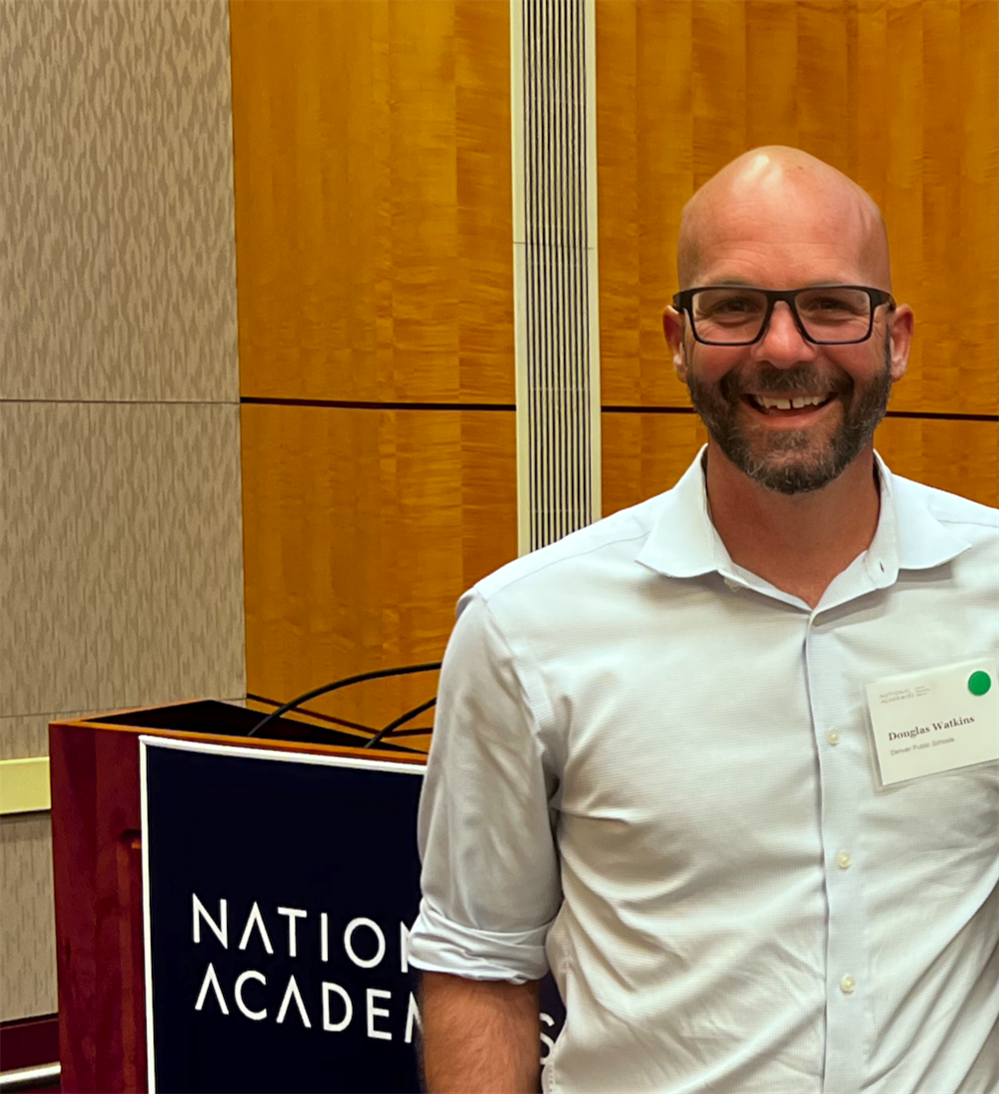K-12 Science Vision
-
It is our vision that every DPS student, especially our students who have been historically marginalized, thrives when their scientific identity and problem-solving skills are fostered, while recognizing and honoring their humanity. Science educators in Denver Public Schools (DPS) engage in culturally-sustaining pedagogical practices so all students develop into passionate, critical consumers of scientific information. DPS students are empowered to utilize their scientific understandings to engage in equity and justice activism, recognizing how their individual and community priorities are supported by their classroom science experiences. Students’ interests and identities are supported and elevated by their science learning experiences in Denver Public Schools.
We Believe...
-
Science is full of wonder, joy, and beauty.
- By the end of high school, students have at least some appreciation for the beauty and wonder of science. (NRC, 2012)
Students’ cultural and linguistic identities are assets in the science classroom.
- Cultural worldviews are not ignored when making sense of the world, scientifically. Sensemaking in science classrooms capitalizes on students’ lived experiences. (NRC, 2012)
- Students’ linguistic repertoires are essential for their sensemaking of complex ideas. Students are encouraged and provided opportunities to explore science concepts using their everyday language before they are expected to incorporate traditional science vocabulary words into their communications. (Brown, 2021)
Students are the doers and sense-makers of the science classroom.
- By the end of high school, students will be able to engage in public discussions on scientific and engineering issues because they have participated in classroom science opportunities preparing them to do so, through project-based science and engineering doing and communicating. (NRC, 2012)
- Students are expected to actively talk, write, and draw as they make sense of science and engineering ideas and concepts. (Brown, 2021)
Students' multiple ways of thinking are honored and used to drive instruction.
- Students’ everyday language is encouraged in science classrooms to support sensemaking before students are asked to memorize and utilize scientific vocabulary. Content-first pedagogy leads to increased conceptual understanding of science ideas. (Brown, 2021)
Student learning is advanced when assessments are used to identify and build on students’ strengths.
- Strategies are employed to prevent assessment practices that fail to assess higher-order thinking, or are culturally biased. Equitable assessment practices provide multiple ways for students to communicate their developing understandings. (NRC, 2012)
References
- National Research Council. (2012). A framework for K-12 science education: Practices, crosscutting concepts, and core ideas. National Academies Press.
- Brown, B. A. (2021). Science in the city: Culturally relevant STEM education. Harvard Education Press.

-
Douglas A, Watkins
Manager of K-12 Science Curriculum & Instruction
douglas_watkins@dpsk12.net
Science Resource Center:
For information regarding Science materials, please contact the Science Resource Center at science_center.groups@dpsk12.net












